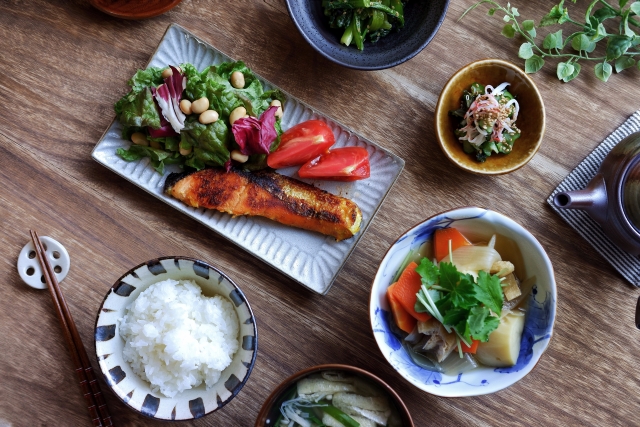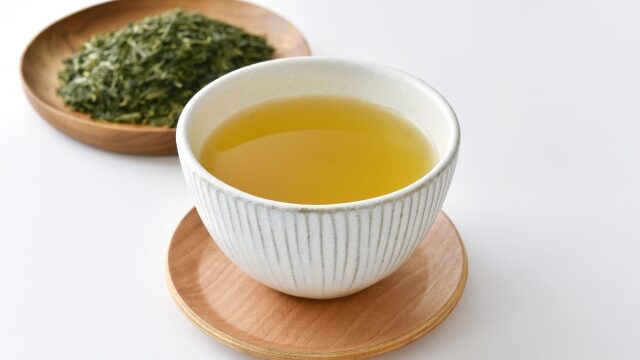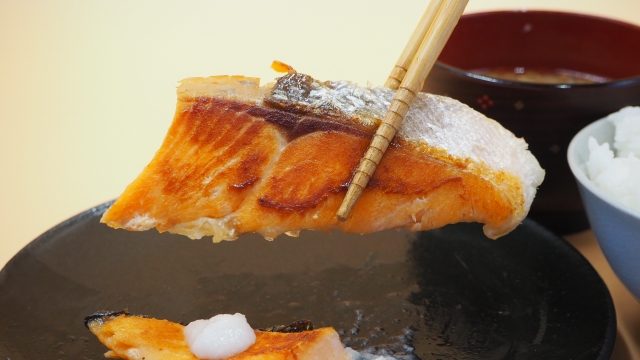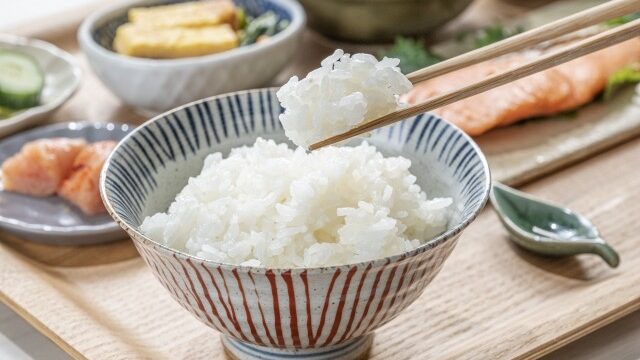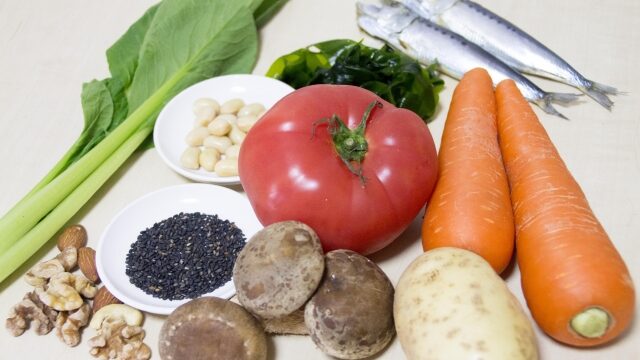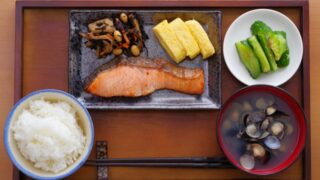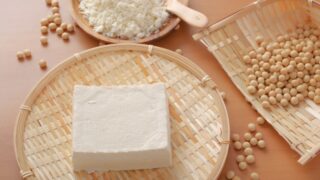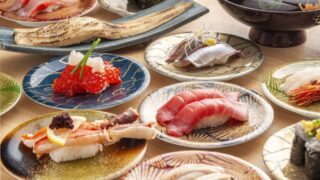Do you know what foods are in season in your home country? In Japan, we have four distinct seasons, with different seasonal foods available in spring, summer, fall, and winter. Therefore, we enjoy seasonal vegetables, seafood, and fruits, and enjoy the seasons through the foods we eat. Seasonal foods are also high in nutritional value, which could be one of the reasons why Japanese people are so healthy. In this article, we will discuss the concept of season and seasonal foods in Japan.
You might have already tried some of Japan’s seasonal delicacies!
What is “Eating The Season”?
Japan is unique in that it has four distinct seasons. Each of the four seasons has its own seasonal ingredients, and by consuming them well, we Japanese have been able to maintain our physical balance and health. In fact, since the time when there was no nutritional science, people have loved “Hatsumono (first foods) for good luck,” and it was said, “Eat the first foods and you will live for 75 days.” The gratitude for the first foods passed down from generation to generation is based on the wisdom of our ancestors, who wished for good health and good fortune.
Our bodies are physiologically balanced to follow the cycle of the four seasons in accordance with the blessings of nature. Eating seasonal vegetables and fish will help build a strong body by strengthening the immune system and building resistance.
Benefits of Eating Vegetables in Season
In spring, summer, fall, and winter, “seasonal foods” are a great way to enjoy the seasons at the dinner table. Such seasonal foods have many benefits for your health and your family budget. Here we will tell you about them in three points.
Fresh and delicious
The advantage of seasonal ingredients is that they are richer in aroma and flavor and taste better than other seasons. You can enjoy the taste of the ingredients themselves while eating. For example, it is recommended to use less seasonings such as salt and sugar, and to cook food with the flavors of the ingredients. You can enjoy a healthy meal while savoring the delicious taste of freshly picked ingredients.
High nutritional value
The advantage of seasonal foods is that they are more nutritious than other seasons. The nutritional value of foods changes with the seasons. Although many foods are available year-round today, it is a good idea to choose foods that are in season according to the season. In addition, seasonal vegetables often contain ingredients that the body needs during that season to help maintain daily health.
Cheaper prices
The advantage of seasonal vegetables is that they are produced in larger quantities and are less expensive than in other seasons. Fresh, tasty, and even nutritious foods are available at low prices that are good for the family budget. A healthy diet is important to maintain on a daily basis.
Seasonal Vegetables in Japan
Spring
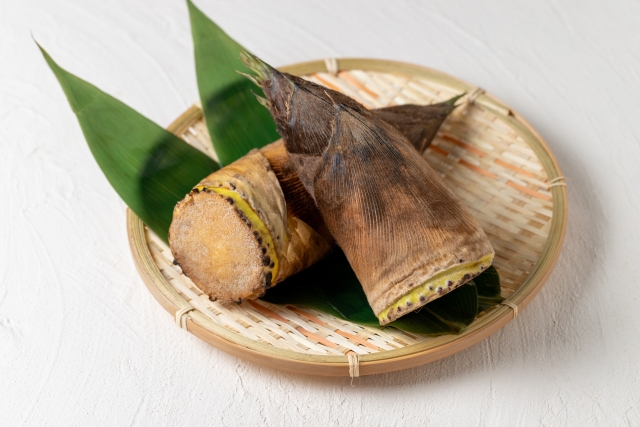
Fresh spring weather allows for the growth of abundant vegetables. Vegetables in this season are rich in antioxidants, which help to eliminate harmful substances in the body that have accumulated during the winter months.
Bamboo shoots: High in dietary fiber and potassium, bamboo shoots help relieve constipation and prevent high blood pressure.
Rape blossoms (Nabana): rich in antioxidants such as β-carotene, vitamin C, and vitamin E, which help prevent aging and improve immunity.
Spring cabbage: This cabbage has a high water content and a sweet taste. Rich in vitamin C, vitamin U, and dietary fiber, it helps regulate gastrointestinal functions and reduce swelling.
Asparagus: Rich in vitamin A, vitamin K, folic acid, etc., it is effective for eye health and blood thinning.
Summer
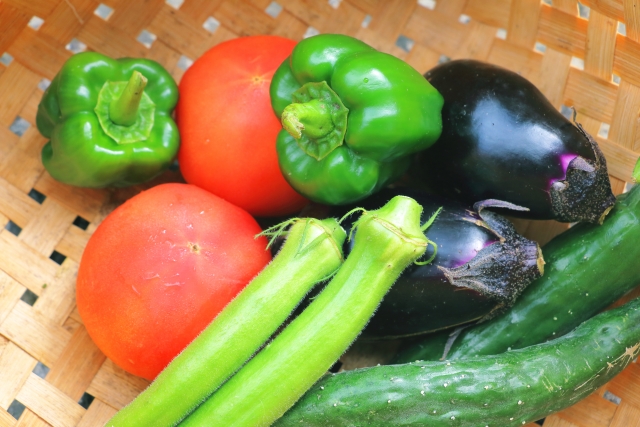
Summer seasonal vegetables support the body’s tendency to lose water in the summer heat. Summer vegetables contain high water content, which helps to prevent dehydration and to remove heat from the body. Too much consumption can cool the body, so be careful if you have sensitivity to cold.
Tomatoes: Rich in antioxidants such as lycopene and vitamin C, effective for beautiful skin and anti-aging.
Cucumbers: High in water content and high in potassium and dietary fiber. It helps reduce swelling and relieve constipation.
Corn: Rich in vitamins such as vitamin B1 and vitamin B6, dietary fiber and potassium. It is effective in relieving fatigue and diuresis.
Eggplant: Rich in antioxidants such as nasunin and vitamin C, which help lower cholesterol and thin the blood.
Bell peppers: Rich in antioxidants such as vitamin C and beta-carotene, they are effective in improving immunity and beautifying the skin.
Zucchini: High in water content and rich in potassium and vitamin C. It is effective for diuresis and beautiful skin.
Autumn
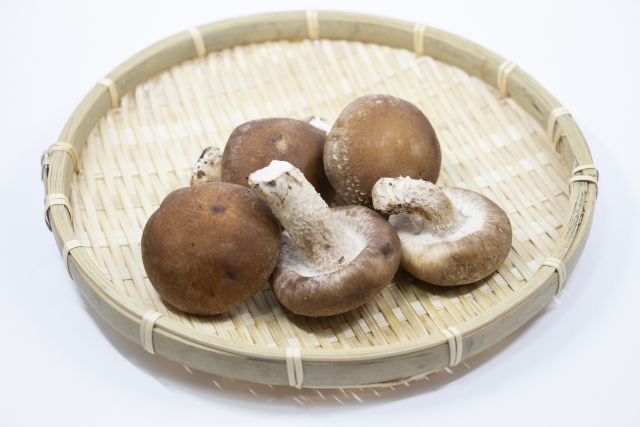
Fall is the season of harvest, when many vegetables are at their best. These foods are rich in vitamins A and C and fiber, which help boost the body’s immune system and keep it healthy as we head into winter.
Carrots: Rich in beta-carotene, potassium, and dietary fiber, effective for eye health and energy metabolism.
Turnips: Rich in vitamin C, potassium, and dietary fiber. Eating them raw gives them a crunchy texture and sweet taste.
Shiitake mushrooms: Rich in antioxidants such as vitamin D, vitamin E and ergothioneine, effective for calcium absorption and anti-aging.
Arugula: This leafy vegetable is characterized by its bitter taste and aroma. It contains high amounts of calcium, potassium, vitamin C, β-carotene, and iron. It is used in salads and pasta.
Winter
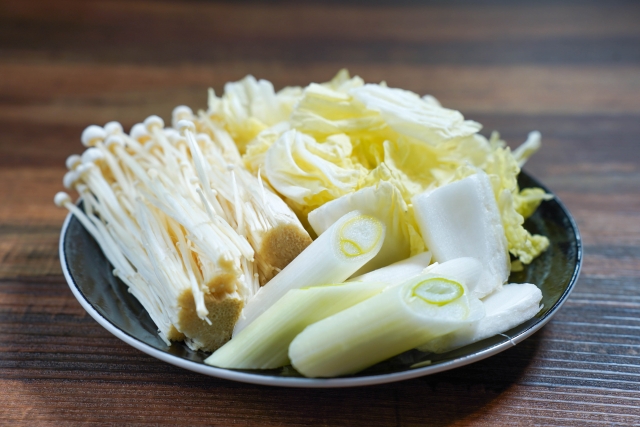
The cold weather of winter requires nutrient-rich vegetables that warm the body. Winter vegetables contain ingredients that help to warm the body and keep it in good physical condition during the cold weather.
Radish: High in water content and contains high levels of B vitamins, vitamin C, potassium, and dietary fiber. It regulates gastrointestinal functions and reduces swelling.
Chinese cabbage: This winter leafy vegetable contains vitamins, folic acid, and minerals. It is used in one-pot dishes and pickled Chinese cabbage.
Enoki mushrooms: Rich in dietary fiber, vitamins and niacin. It is used in stir-fries and one-pot dishes.
Turnip: Rich in vitamin C, potassium and dietary fiber. When eaten raw, you can enjoy its crunchy texture and sweet taste.
Burdocks: Rich in dietary fiber, potassium and inulin. It is expected to be effective in thinning the blood and improving constipation.
Seasonal produce not only allows us to experience the seasons at the dinner table, but also offers many benefits to our health and family budget. Next time you travel to Japan, look for dishes using vegetables that are in season at that time of year.
You can also search for seasonal foods in the U.S. on this website.
https://www.seasonalfoodguide.org/
Please use this site to help you find seasonal vegetables and fruits available locally.
Reference:https://losszero.jp/
